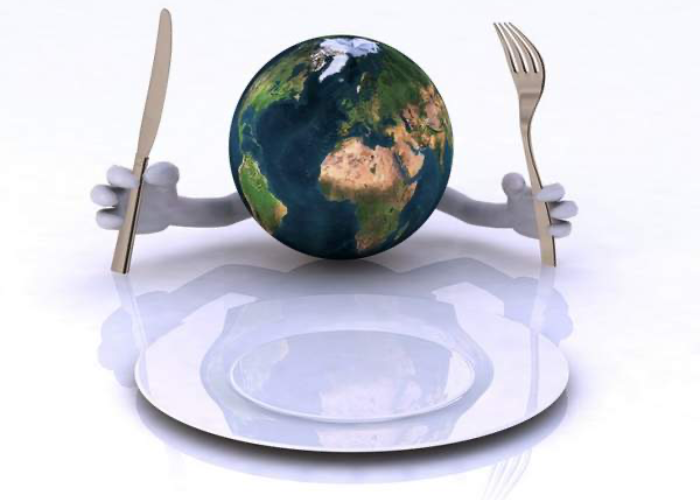Food: geopolitical emergencyINTERVIEW BY ANTONIO PICASSO - ADNKRONOS
- 12 September 2023
- Posted by: Competere
- Categories: Empowering Consumers-HLP, SUSTAINABLE NUTRITION

.
“In the book,” the author explains to Adnkronos/Labitalia, “I address the issue of nutrition as a geopolitical, economic, and sustainability emergency. The question I posed is how we will feed a rapidly growing global population while simultaneously reducing our impact on environmental balances. The world’s population continues to grow. We consume and generate waste. Competere has estimated that every day (in 2023), the planet needs to produce about 20 trillion calories to ensure a healthy and balanced diet for the global population.”
“On the other hand,” he explains, “we want to reduce our environmental impact on ecosystems and biodiversity. It’s a paradoxical situation that, instead of being resolved, is fueling further tensions and conflicts. We are back to competing, sometimes even in conflict, for control over raw materials. The case of wheat and sunflower seeds in the Russo-Ukrainian war is the most recent example in terms of timing.”
“The demand for agricultural products,” he notes, “affects the environment as much as or perhaps more than other production sectors. With its green policies, Europe has initiated a virtuous cycle aimed at finding a new balance between humans and the environment. However, its ambitions risk pushing us too far ahead of our commodity-supplying partners. Let’s remember that we are still a processing industry. We must make sustainability a factor in free competition, where Europe’s investments and technological innovation in our companies enable the growth of weaker markets. Conversely, protectionist policies and sovereignties are barriers to development, fueling inequalities and thereby generating new conflicts.”
“There are countries like Russia,” he warns, “that are aiming to dominate the production of certain products. Agricultural raw material supply chains have always been exposed to speculation. It happened right after the pandemic, and then, when markets had not yet recovered, the war came. Wheat and sunflower seeds suddenly became scarce and expensive. Russia, under Putin’s leadership, is betting on price increases and shortages to fund its commercial hegemony projects. But Moscow is not the only one attempting these operations.”
“We are coming out,” he observes, “of a summer characterized by a surge in food costs. International politics is once again affecting consumers’ wallets. Governments react impulsively to inevitable social tensions. They often make populist choices, united by the goal of disengaging from international dynamics revolving around food. So far, with few results and certainly not positive ones.”
“In the contradictory situation of increasing inequalities, more advanced societies are characterized by greater exposure to diseases related to poor nutrition. Those in greater difficulty are burdened not only by hunger but also by the consumption of low-quality food. The paradigm is, in practice: that if you are rich, you eat junk food; if you are poor, you eat whatever is available. All of this is marked by a high level of food waste. This leads to an almost three-year reduction in life expectancy for the first time in history.”
What does the author hope for this sector? “Technological and cultural innovations are aiming to revolutionize the way we eat: from apps for personalized diets to insect flours. The world of food is changing rapidly. From society to the individual, they have the opportunity to acquire the necessary awareness of what they eat.”
“It’s not just a matter of information or education,” Picasso concludes, “but of a true food culture, to prevent and combat diseases and waste, while at the same time making food more sustainable.”
.
Image credits: courtesy of The GFAR Blog >>>
